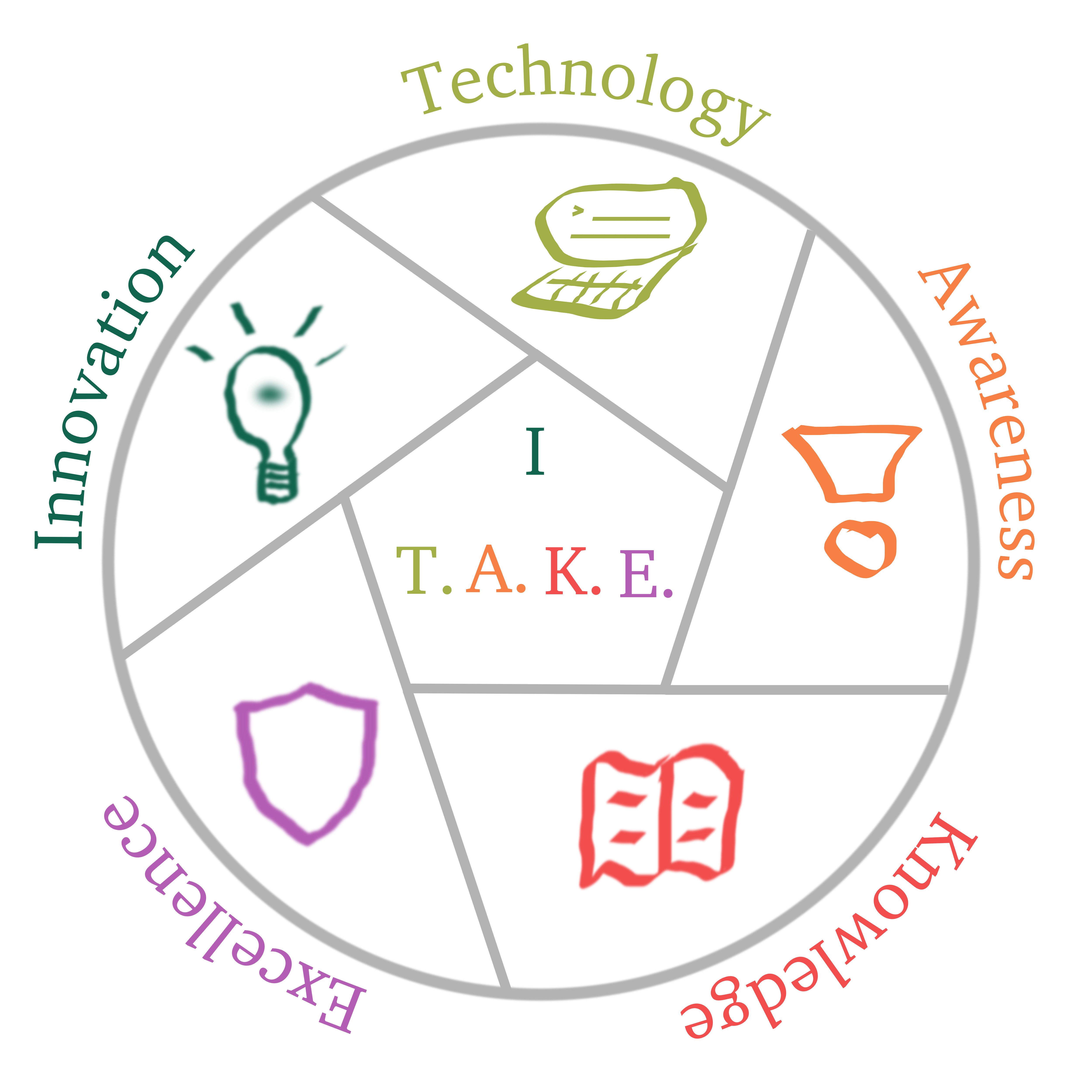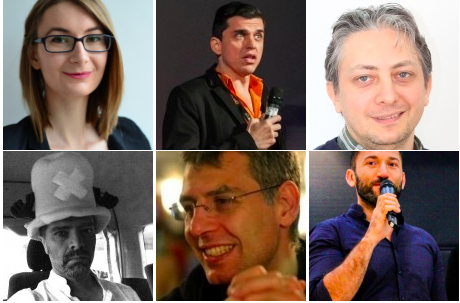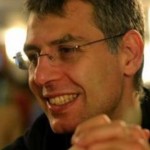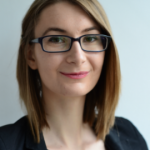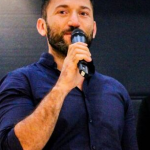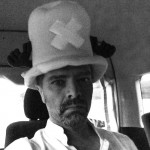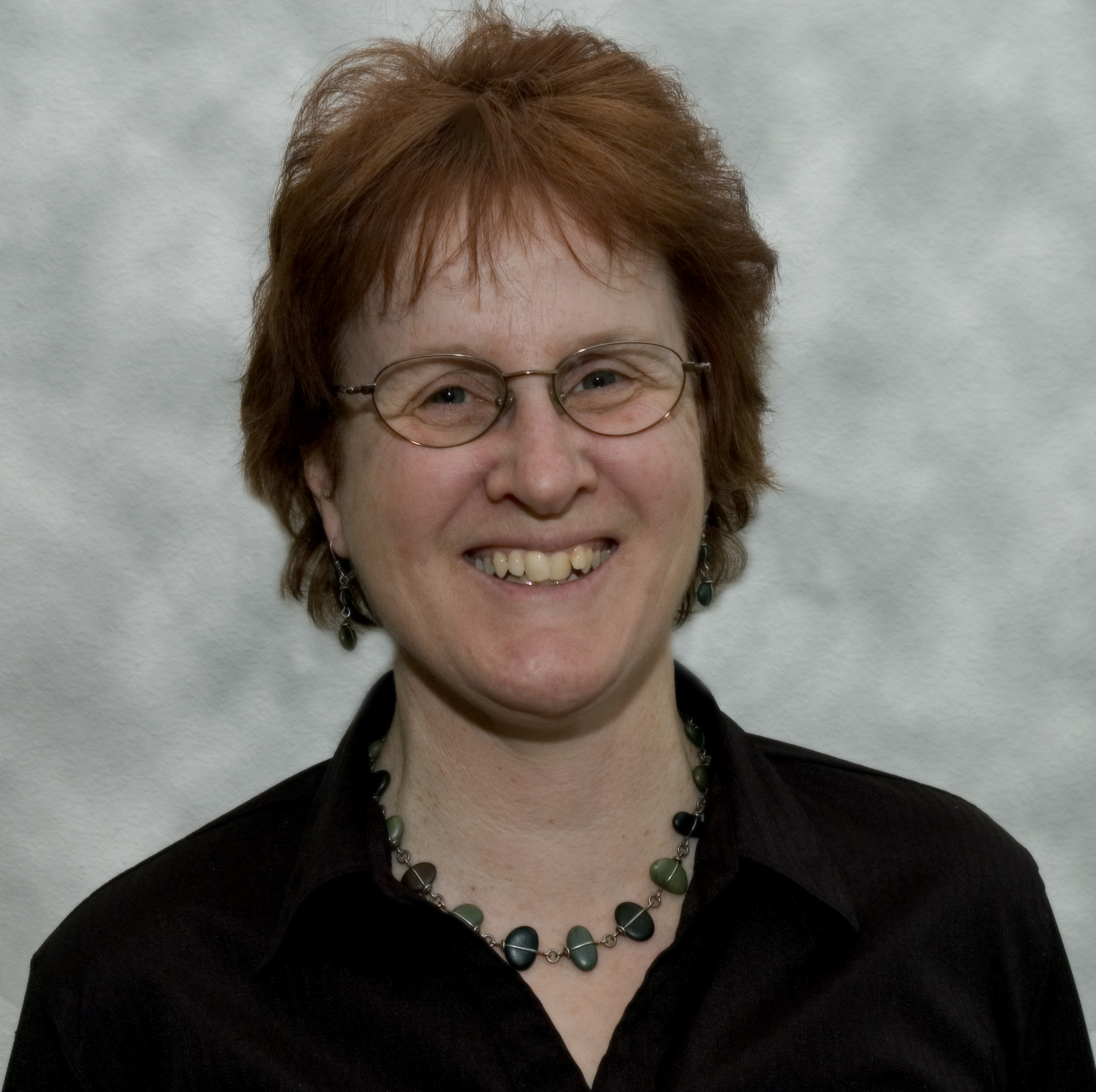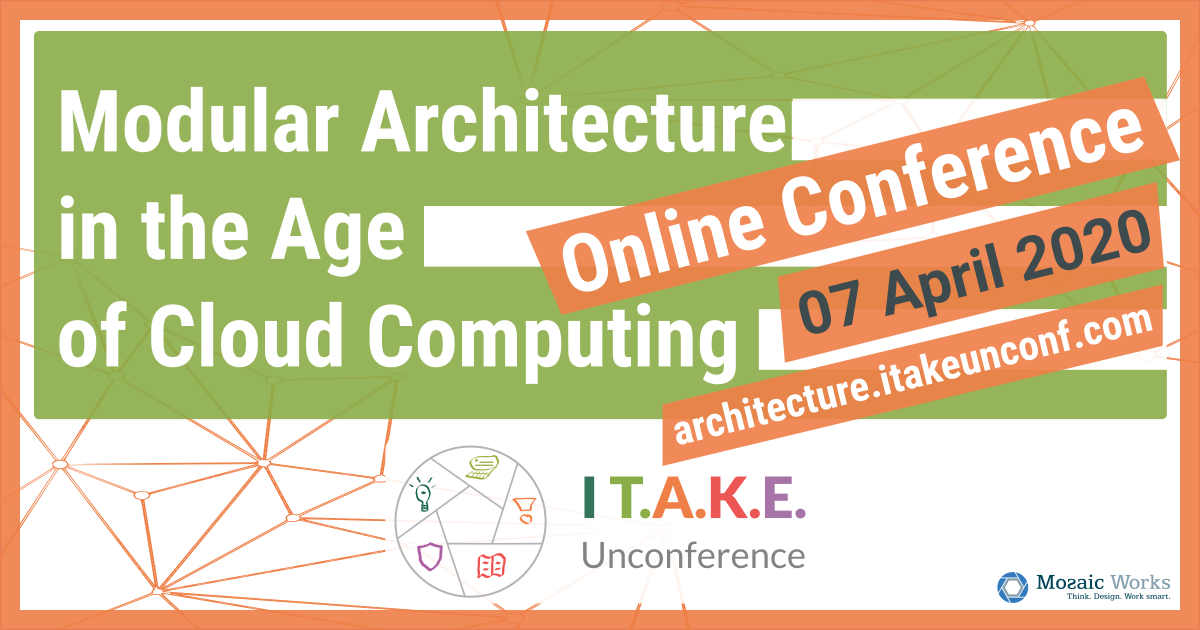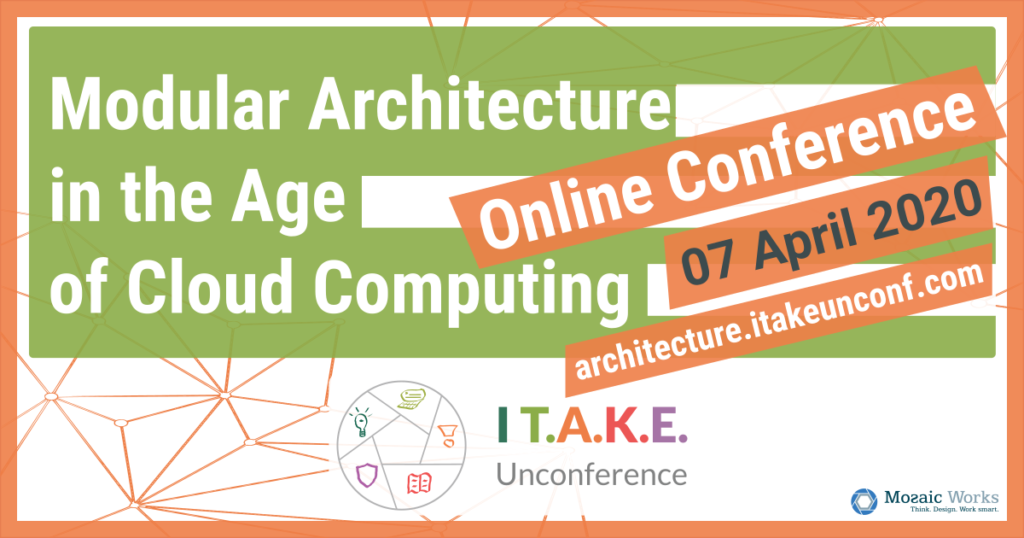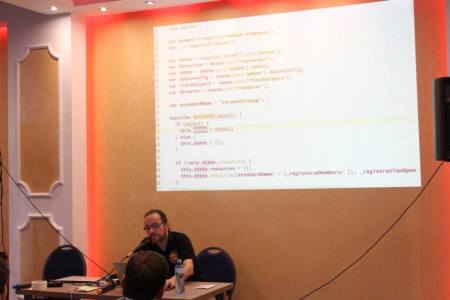
Andreas Leidig has broad experience in object oriented software development and agile practices. He started programming years ago with Smalltalk and worked as an agile coach for a few years. Nowadays he is working full-time in developing enterprise software products.
His talk is about how to set up a community project through a professional use of state-of-the-art technologies and collaboration methods: node.js, continuous integration, github, javascript, evolving design, noSql, testing, software craftsmanship, XP. A fly through the architecture, design and specific aspects of their product.
Enjoy his presentation @ I T.A.K.E. Unconference 2014 edition.
Check out more about I T.A.K.E. Unconference 2015 or see directly the Schedule.
